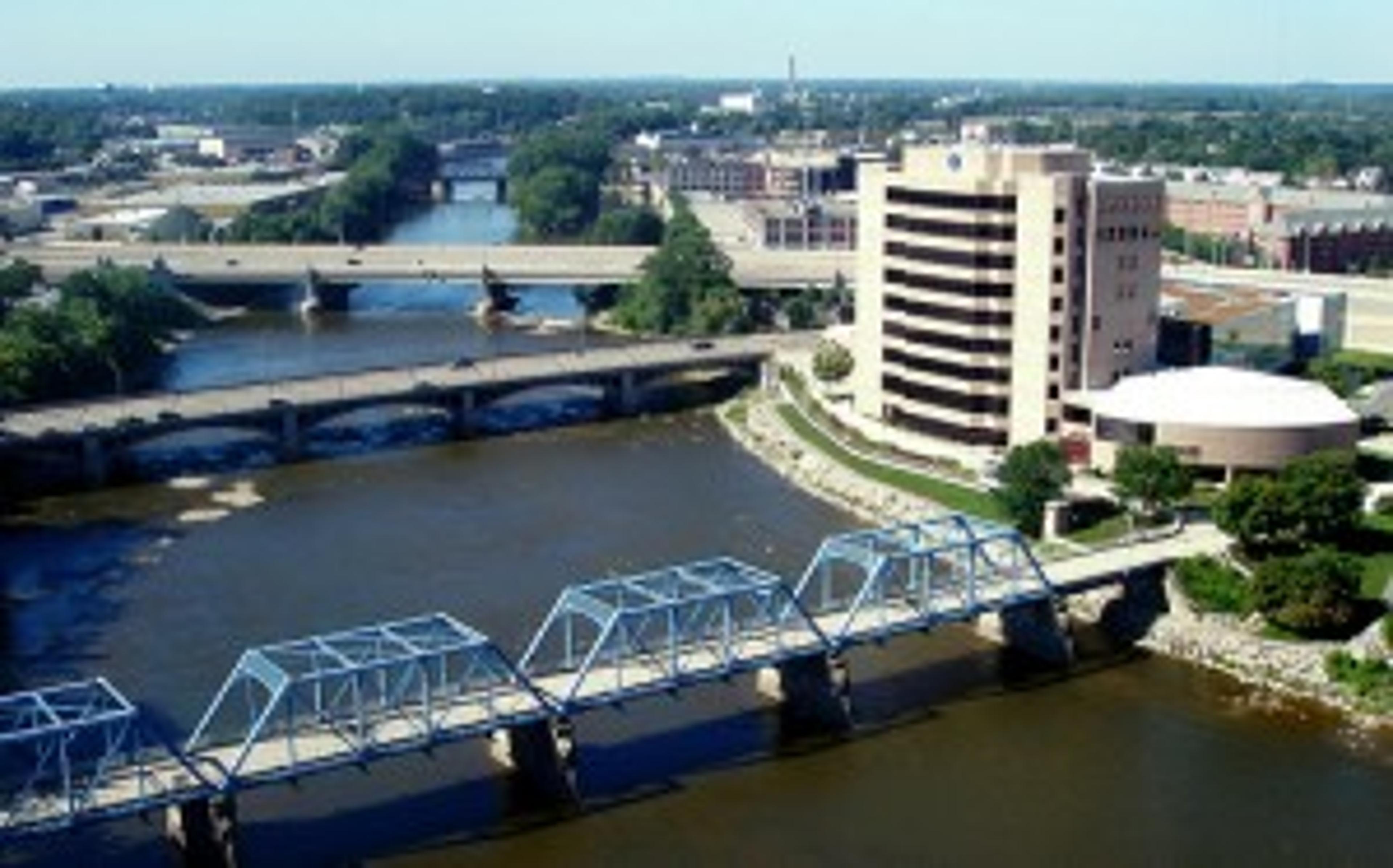Grand Rapids putting the ‘grand’ back in Grand River

Kristin Coppens
| 3 min read

The very label of this city may suggest rolling ‘rapids;’ however, it was only until recently that Grand Rapids has promised to restore the city’s namesake, the Grand River. The Grand River is Michigan’s longest river coursing in at 252 miles. With support from Governor Snyder and an initiative steamrolled by the Grand Rapids Whitewater Project, the odds are in our favor that the project will bring back the Rapids and create additional natural benefits to the city and its community.
The Grand Rapids Whitewater Project is a non-profit in the West Michigan area that was at first met with skepticism towards their initial restoration goals. However, now that the feasibility study has been completed, city officials, state officials, and the entire community have rallied behind the project and the future of the Grand River. In the past few years the people of Grand Rapids have focused heavily, and successfully, on urban density and commerce, and this is another example of that dedication.
Working closely with the Downtown Development Authority, the Grand Rapids Whitewater Project has received approximately $150,000 in early support for research, studies, and proposals. The project in its entirety is projected at about $27.5 million with 35% coming from private funding. Nevertheless, the Grand Rapids Whitewater Project has vowed that it will ask for no funding from taxpayers towards the restoration.
The restoration plans boast a number of benefits across a spectrum of industries within Grand Rapids. As a result of the feasibility study, the project plans to do the following: remove/modify the five man-made dams in existence (which are located between Wealthy St. and the Sixth St. Bridge), introduce twelve acres of limestone bedrock sandbar, and develop two new riverfront parks. As a result of the proposed plans, the Grand River can expect to see a 500% increase in its fish holding habitat, a thriving mussel population, a canoe slalom course, a whitewater surfing wave, and enough space for a maximum of eight lanes in rowing competitions. Said plans and results will transform the Grand River from a city barrier to a main attraction. Grand Rapids’ own Mayor Heartwell notices “everywhere I go, people from all walks of life are telling me how excited they are about this project…[Grand Rapids is] fortunate to have a can-do community attitude and some philanthropic people who will listen to ideas and put some money behind them.”
The Grand River restoration timeline is expected to have a final design submission in 2013 with construction beginning approximately one year later and a full, finished rehab by 2016.
What are you most looking forward to experiencing with the Grand River restoration?
Photo credit: Gradys Kitchen





